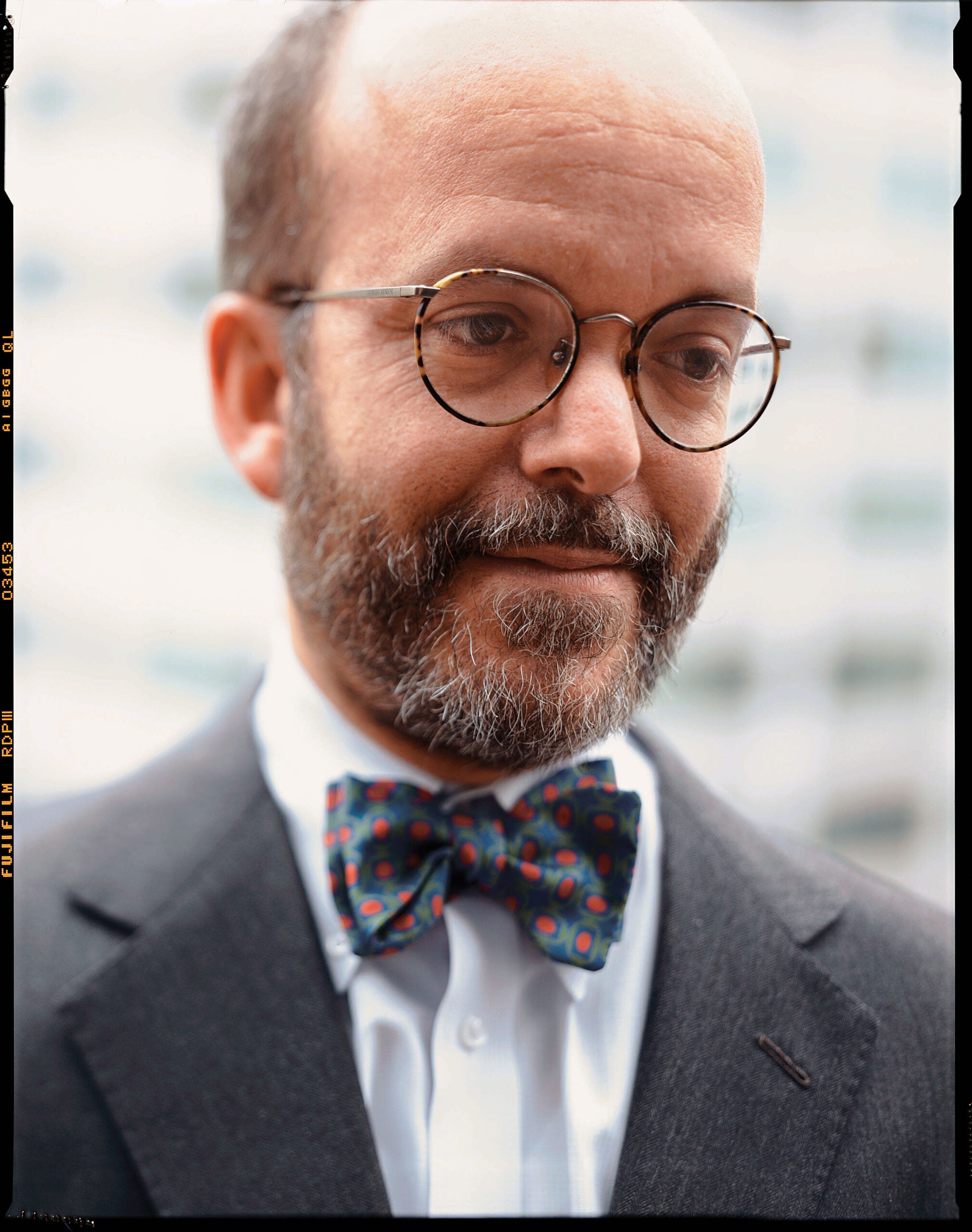A restaurant employee is fired. He didn’t violate company policy. In fact, he’s a good employee, according to his manager. But he is fired because, as the regional manager put it, he is one of “those people.”
For much of his career, Paul Steven Miller ’86 has advocated for “those people,” whether they be black, Latino, over 40, Muslim or in a wheelchair–anyone who is targeted for how they look or who they are. As a commissioner for the U.S. Equal Employment Opportunity Commission for 10 years, Miller helped the restaurant employee (who has mental retardation) recover substantial damages and has supported other victims of discrimination who, like himself, just want a chance to show what they can do.
Born with achondroplasia, a genetic condition that results in dwarfism, Miller got his chance only after 45 law firms rejected him during law school, with one member of a firm telling him the reason: Their clients would think that they were running a “circus freak show.” The passage of the Americans with Disabilities Act in 1990 has made such overt discrimination rarer and has changed the culture of the American workplace, Miller says.
“I think that the reality for students with disabilities, for professionals with disabilities, is dramatically different today than it was a scant 15, 18 years ago,” he said. “I think that’s attributable to the ADA, to an education process that employers have begun to journey down. . . . It has made America stronger, because it forces employers to focus more on people’s qualifications than on stereotypes about that individual’s disability.”
Miller became director of litigation for the Western Law Center for Disability Rights, deputy director of the U.S. Office of Consumer Affairs and White House liaison to the disability community. One of the longest-serving commissioners in EEOC history. He left in 2004 for a professorship on the faculty at the University of Washington School of Law and to head their Disabilities Statues Program. As commissioner, he spearheaded efforts to resolve charges of discrimination through mediation, helping to improve the agency’s longtime backlog. (During his tenure, the commission has received an average of more than 80,000 charges a year alleging workplace discrimination.) He has also endorsed the selective use of litigation both to protect employees and to send a message to employers.
That litigation has included a sexual harassment suit against Mitsubishi Motor Manufacturing of America, in which the company settled for $34 million in 1998. Miller also cites a case settled against Burlington Northern Santa Fe Railway, which, according to the agency, secretly performed genetic tests on employees who filed claims for work-related injuries.
Employers–or society at large–should not assign a negative value to genetic mutations, Miller says. After all, he says, most people who actually have them don’t.
“Just because it is harder to be different doesn’t mean that you want to erase that difference or that identity,” he said. “I don’t think that people should view folks with disabilities–whether you use a wheelchair, or you’re a dwarf, or you’re blind or what have you–and say, ‘Oh, I bet you sit around hoping that you could get out of your wheelchair and walk again,’ because I don’t think that people with disabilities think that way, for the most part, any more than African-Americans run around wishing that they were white.”
The country has made progress in erasing the stigma of being disabled, Miller says, just as the stigma once attached to race, sex, national origin or religion has decreased significantly since the EEOC began operating in 1965. But, he cautions, he has seen for himself that we haven’t finished the job yet.
